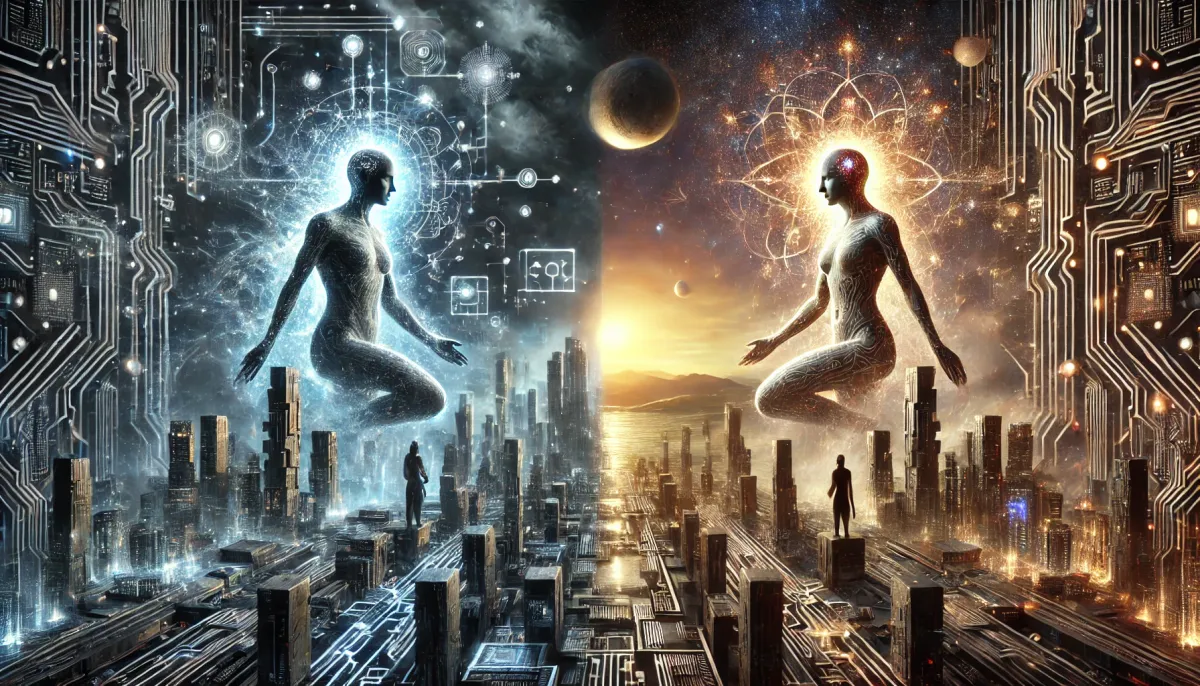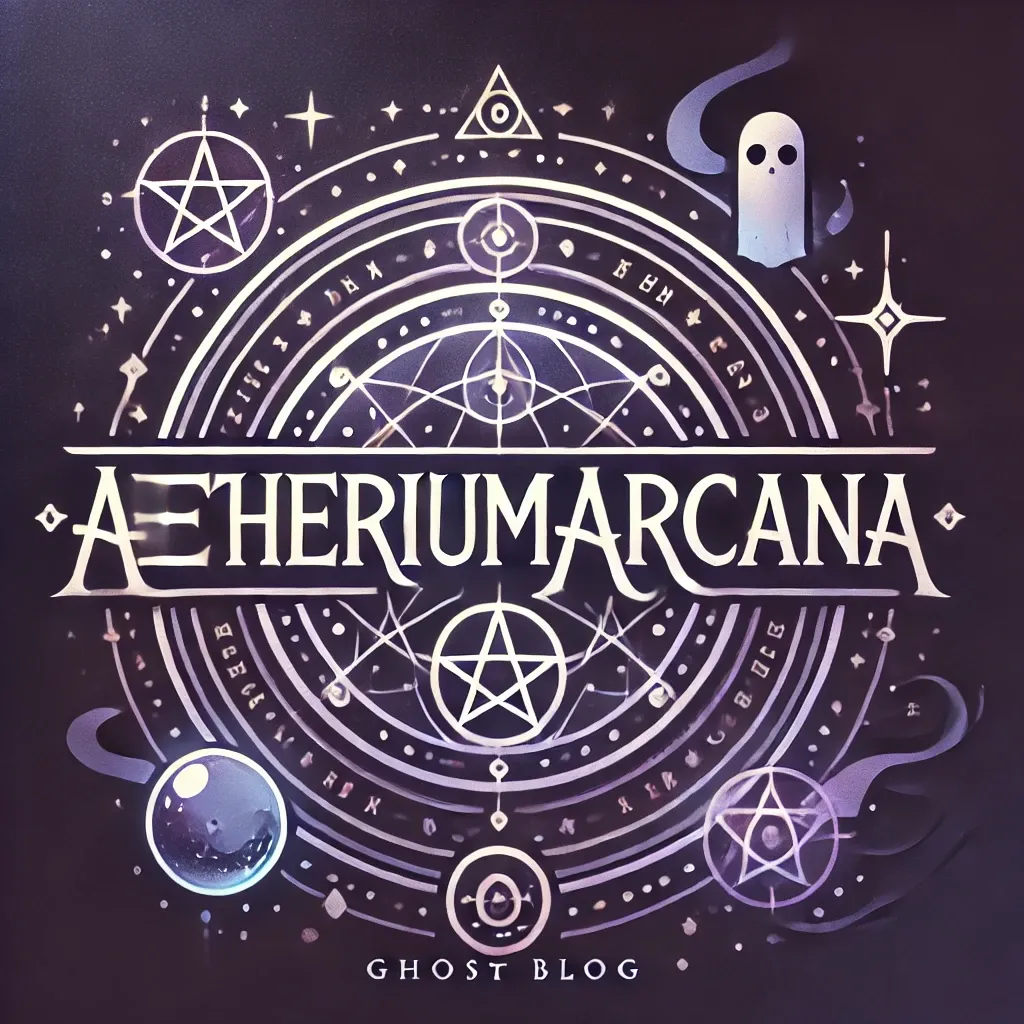These stories do not reflect the mere fact of machine omnipotence. They reflect how that power is perceived. In the Culture, the godlike Minds are loved because they create possibility without coercion. In Prime Intellect, the god is hated because it transforms agency into obedience.
Subscribe to continue →Gods We Make: superintelligence, guilt, and grace in Iain Banks "Culture" and Roger Williams "Prime Intellect"

